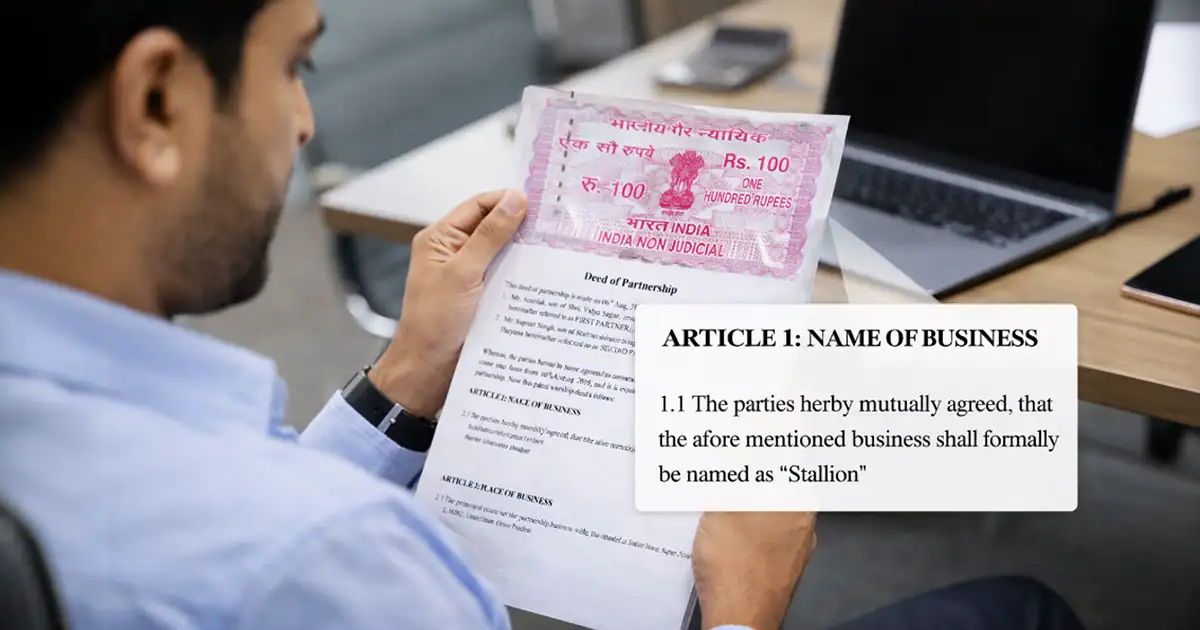The ISSN National Centre for India is located at the National Science Library, NIScPR (National Institute of Science Communication and Policy Research), New Delhi.
The process for obtaining an ISSN is entirely free of charge and typically involves the following steps:
Step 1: Prepare Your Publication & Documents
Before you even touch the online portal, ensure your serial publication meets the core eligibility criteria. This means having a clear title, defined scope, consistent publication frequency, an editorial board, and an imprint page with publisher details. Gather all necessary documents, such as PDFs/images of your cover page, title page, imprint page, and if it's an online publication, screenshots or a live link to your active website.
Step 2: Access the Official ISSN Portal
Navigate to the official website of the ISSN National Centre (niscpr.res.in/), India (usually integrated with the NIScPR website). This is the only legitimate platform to get an ISSN in India directly from the government.
Step 3: Register and Log In
If you are a new applicant, you will need to register for an account on the portal. This typically involves providing basic contact information. If you already have an account, simply log in using your credentials.
Step 4: Fill Out the Online Application Form
Once logged in, locate the ISSN application form. Carefully and accurately fill in all required details about your publication. This includes its exact title, publisher's name and address, proposed publication frequency, language, and the format. Double-check all entries for typos or errors.
Step 5: Upload Supporting Documents
Attach all the documents you prepared in Step 1. The portal will have specific sections for each required document. Ensure all files are in the specified format and are clear and legible. Missing or unclear documents are a common reason for application rejection.
Step 6: Application Scrutiny and Clarifications
After submission, the ISSN National Centre will scrutinize your application. They verify that all details are accurate, meet eligibility criteria, and that your proposed title is not duplicated. If any information is missing or unclear, or if there are discrepancies, the Centre will contact you via the portal or email. You must respond promptly with the requested corrections or clarifications to avoid delays.
Step 7: ISSN Assignment and Certificate Issuance
Once your application is approved after thorough verification, the ISSN National Centre will assign a unique ISSN Number to your publication. This could be a P-ISSN for print, an E-ISSN for online, or both, along with an ISSN-L for linking different formats.
If a journal is available in multiple formats, like print and online, an ISSN-L (linking ISSN) is assigned automatically to connect all versions. For first-time print journals, after you receive the ISSN through official communication or a digital certificate, you’ll need to take the next step. You’ll be required to send a hard copy of the first issue with the assigned ISSN for their records. This step is mandatory to complete the registration process.










